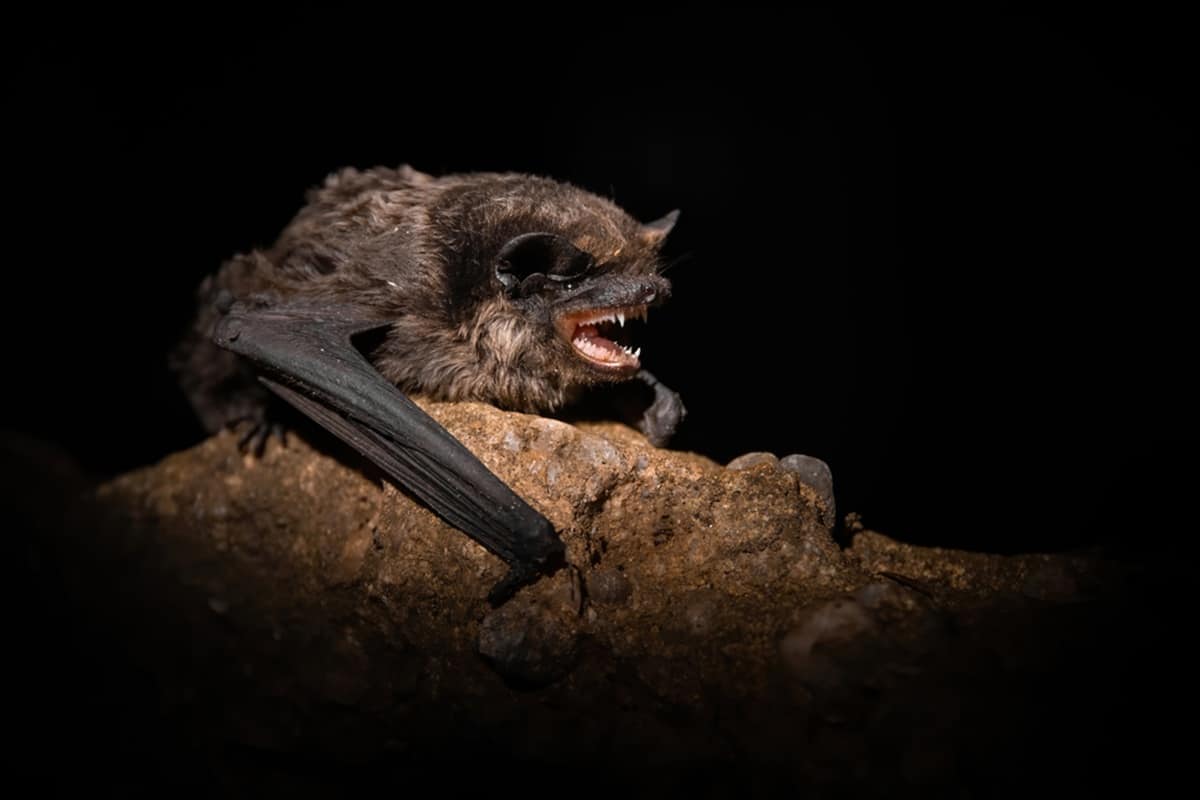Wildlife in Middlesbrough’s Regeneration Area
Middlesbrough, a key industrial town in North East England, is undergoing substantial regeneration and development. From the historic sites of Port Clarence and South Bank to the suburbs extending to North Yorkshire, Middlesbrough supports a variety of habitats used by protected species, including bats.
With mature trees, riverside paths, disused buildings, parklands and old industrial infrastructure offering refuge, bats have found ways to thrive in both rural edges and urban centres. As a result, a bat survey in Middlesbrough is often required when a development project is proposed.
Bats are incredibly adaptable, but their roosting and foraging needs must be considered before work begins. In Middlesbrough, roosting bats may be found in roof spaces, barns, culverts, and cracks in brickwork. Disused industrial sites and Victorian properties often offer suitable entry points and spaces where colonies can shelter.
With the River Tees and North Yorkshire parks nearby, there are ample foraging opportunities in certain areas which means that even small-scale developments may pose a risk to bats. Consequently, planning authorities frequently request a bat survey in Middlesbrough during the planning process.
Bat Protection
In England, all bat species and their roosts are strictly protected by law under the Wildlife and Countryside Act 1981 and the Conservation of Habitats and Species Regulations 2017, making it an offence to disturb, injure or kill a bat, or to damage, destroy or obstruct access to a bat roost, even if the bats are not currently present.
Middlesbrough Council and other local planning authorities in the north-east and North Yorkshire require a bat survey where ecological risk is identified. If bats or roosts may be affected, a European Protected Species Licence (EPSL) issued by Natural England will be required before work can begin. This licensing process can take several weeks, so early engagement with an experienced ecologist is recommended to avoid delays.
Bat Conservation
Bat conservation in Middlesbrough is supported by both national and local initiatives. The Bat Conservation Trust offers resources and training opportunities, while volunteer-led groups such as the Northumberland Bat Group, Tees Valley Wildlife Trust and Durham Bat Group monitor local bat populations in certain areas.
A number of bat species have been recorded in and around Middlesbrough: the main types include common pipistrelle, soprano pipistrelle, noctule, brown long-eared bat and Daubenton’s bat. The presence of bats in both rural and urban areas means that ecology surveys must be tailored to individual sites.

When Is a Bat Survey Required?
If your project involves demolition, roof works, loft conversions, tree removal or alterations to buildings near green spaces or water, a bat survey is needed. Bat presence on a development site may be identified in a Preliminary Ecological Appraisal or bat sightings, triggering the requirement for a Preliminary Roost Assessment (PRA). This first stage in the bat survey process involves a site visit by a licensed ecologist who will make an internal and external inspection of buildings, as well as trees, for bat roosting potential, roosting bats and evidence such as bat droppings, staining or feeding remains. While potentially indicating the need for further bat investigation, the PRA may also find that specific protected species surveys are required such as surveys for great crested newts.
If the PRA suggests that bats could be present, further surveys known as Bat Emergence and Re-Entry Surveys will be required. These bat activity surveys are carried out between May and September. Bat surveyors monitor entry and exit points on buildings at the development site at dusk or dawn to observe bat activity. Specialist equipment is used such as bat detectors to assess bat echolocation calls, and thermal imaging cameras to help determine the species of bat present. This information helps inform mitigation strategies that align with local authorities planning requirements.
The Bat Survey Report
Once the bat survey work is completed, ecological consultants will compile a bat survey report containing a full assessment of the ecological impacts of the development and mitigation and recommendations if needed. Where no sign of bat presence is identified, the report can support applications for planning permission. If bat presence is confirmed, the report will outline steps to ensure legal compliance and remain in line with the Tees Valley Wildlife Trust and Bat Conservation Trust guidelines.
Where bat roosts will be affected by development, appropriate mitigation measures must be designed. This might involve timing works outside the bat breeding season, installing bat boxes, or creating new roosting habitats.
Bat Survey Services
We provide professional bat survey services in Middlesbrough and across the Tees Valley and North Yorkshire. Our licensed ecologists are affiliated to the Chartered Institute of Ecology and Environmental Management and work with developers, architects and homeowners. We have extensive experience working across a range of sites in the North East and North Yorkshire, from urban regeneration schemes to barn conversions.
As well the main types of bat assessment such PRA and bat activity surveys, we offer a full range of protected species surveys and ecology services such as great crested newts surveys, reptile surveys and ecological surveys for valuable plants. Early engagement with ecological consultants helps to avoid unexpected delays and stay compliant with legislation.
Get a Quote for Your Bat Survey and Ecology Surveys
If your development site requires a bat survey, ecology surveys or protected species surveys in Middlesbrough, North Yorkshire, County Durham, the Scottish borders or any part of the North East, contact our team today for a free quote. Simply send us your site address and a brief description of the works, and we’ll provide advice about the next steps. If a bat survey is needed, we’ll arrange it at a convenient time and provide full support through to achieving planning permission.
Engaging a consultancy that offers a full range of ecological surveys and employs experienced ecological consultants ensures that the appropriate ecology surveys are provided to the local planning authority, enabling your planning application to run smoothly.
